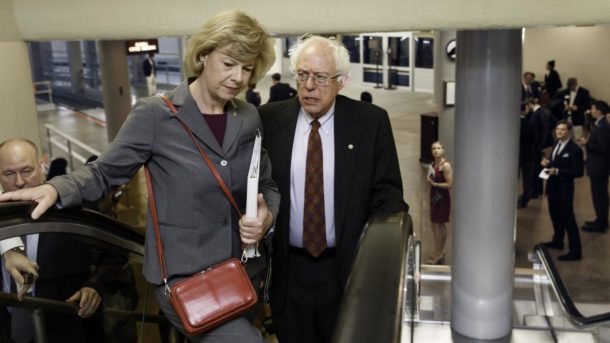Republicans and Democrats on The NLRB Boeing Ruling
The National Review's Andrew Stiles looks at the battle between the NLRB and elected officials and most interestingly points out that Democrats, elected from Right to Work states, have for the most part, refused to stand for the interests of their constituents.
-- A group of GOP senators drafted legislation not only to head off the NLRB’s pending action against Boeing but also to prevent any similar attempts against other companies in the future. But the bill quickly stalled when it became clear that not one of the eleven Senate Democrats representing right-to-work states was willing to stand up to the White House and Big Labor by signing on as cosponsors. Not even Sens. Ben Nelson (D., Neb.) and Bill Nelson (D., Fla.), two moderates from right-to-work states facing tough reelection battles next year, would stick up for their states.
-- Meanwhile, of the 22 governors in right-to-work states, only two are Democrats. One of them, Mike Beebe of Arkansas, has expressed concern that the NLRB ruling could be “detrimental” to his state’s economic-development efforts.

